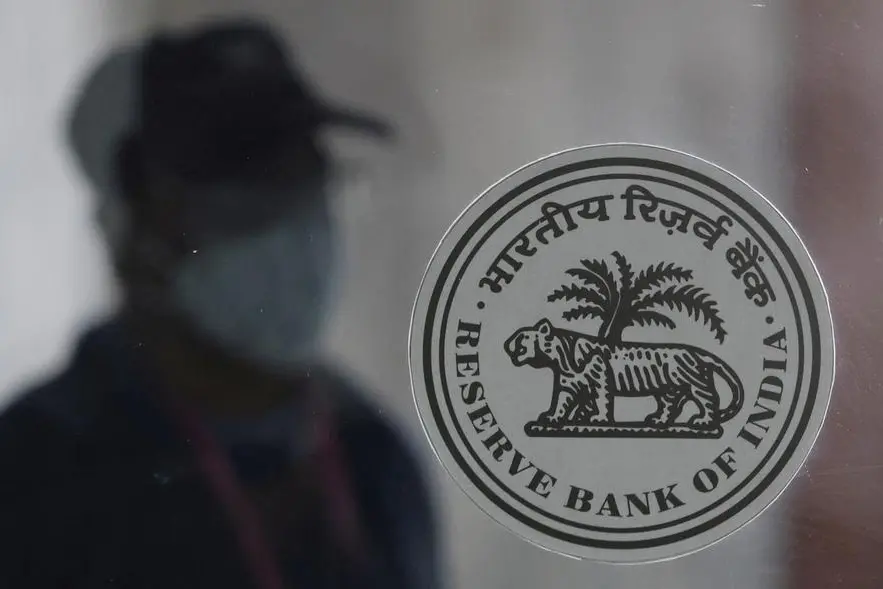PHOTO
India will continue to rely on its substantial foreign exchange reserves to fend off pressure on the rupee even as some Asian central banks opt for rate hikes to defend their currencies against elevated U.S. rates and Treasury yields, analysts said.
Bank Indonesia unexpectedly raised rates on Oct. 19, its first such move since January, and kept the door open for further hikes to defend the rupiah as it hit an 18-month low.
A week later, the Philippines's central bank followed suit with an off-cycle rate hike as the peso slid about 3.5% in three months.
These rate hikes "highlight the increasing spillover impact of dollar strength and U.S. yields" on Asian central banks, said Singapore-based Michael Wan, senior currency analyst at MUFG Bank.
However, the rupee has been barely impacted.
In fact, it is among the least volatile Asian currencies this year due to likely intervention by the Reserve Bank of India. While the currency hit a lifetime low of 83.2950 earlier this week, that was after months of the RBI keeping it afloat.
The RBI did that by drawing down its forex -- a central bank's preferred move to defend the currency, especially in times of economic uncertainty.
The "RBI's first line of defence against INR weakness will continue to be to utilise its sizeable FX reserves it had already accumulated during the good times," Wan said.
The central bank sold $3.8 billion in the spot market in August, the most in almost a year, according to its own data. It kept up the pace in September and October, with combined sales of $8.6 billion, according to ANZ's calculations.
"India, when it comes to managing the currency, is in a very different position compared to Indonesia and the Philippines," said Nitin Agarwal, heading of trading for India at ANZ.
"Adequate FX reserves and how RBI has managed volatility expectations means the odds of a rate hike in India are only marginally influenced due to the hikes in the other two Asian economies, but it might become more pronounced if things substantially worsen." (Reporting by Nimesh Vora; Editing by Savio D'Souza)





















